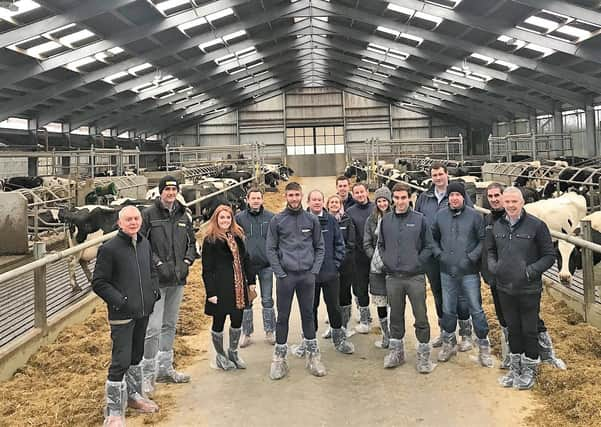Politicians urged to reject Climate Bill


This bill sets a target of Nett Zero on carbon emissions by 2045 - and if successful will inflict a £1 billion per year income hit on the province’s livestock producers.
It can also be expected to result in the loss of up to 50,000 jobs across the processing, agri-supply and ancillary businesses.
Advertisement
Advertisement
NIGTA are joining with local farming organisations and agri-food leaders in calling for politicians to reject the bill when it comes before the Assembly.
“We believe this is an ill-considered and irresponsible Bill which flies in the face of the expert science from DAERA and AFBI - it is at odds with the UK Climate Change Committee advice and it will be devastating for the rural economy,” says Niall O’Donnell, President of NIGTA.
“As an industry we are totally behind the efforts to reduce emissions and our members are actively engaged on a daily basis in promoting sustainable practices throughout the food chain. With over 100 field staff professionally trained and competent to advise on the efficient use of inputs we have been leading the way as one of the first sectors to engage with government in joint initiatives which have had significant success in communicating the environmental messages to farmers.
“Feeds and fertiliser manufacturers have made great strides towards protecting our water quality through reducing phosphate applied to land as fertiliser and manures. They have also funded extensive research into feed systems which are proving effective in reducing ammonia emissions to air.
Advertisement
Advertisement
“We are committed to play our part in the mitigation of climate change and while we agree that the issue should be addressed by the assembly it is vital that the approach is informed by the best available science and with a full understanding of the social and economic impact of the proposed measures.
“The UK Climate Change Committee guidelines recognise the much greater importance of agriculture in Northern Ireland and that much of the food produced here is consumed in Great Britain. They have indicated that an 82% reduction in emissions in Northern Ireland will be sufficient for the UK to deliver its target of net zero by 2050. This is a challenging target and is the basis of a bill to be tabled by Minister Poots later this year. These proposals are evidence based - they have undergone an industry consultation and have been subject to an economic risk assessment. While it is inevitable that they too will lead to some contraction across the agri-food sector as the inefficient operators are forced out of business, it is believed that they can deliver a sustainable future for both environment and the economy.”